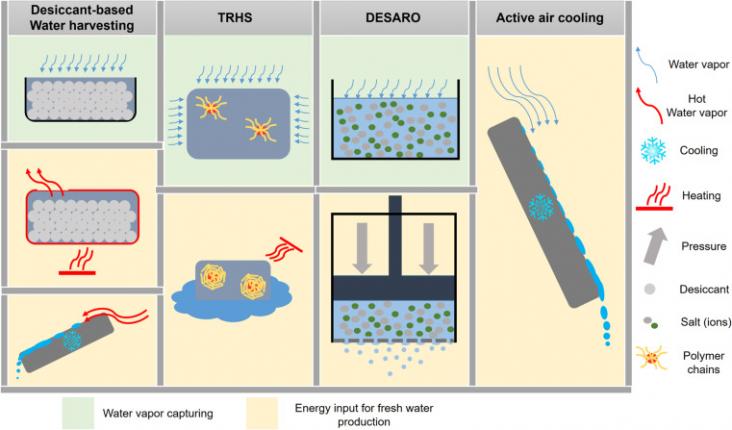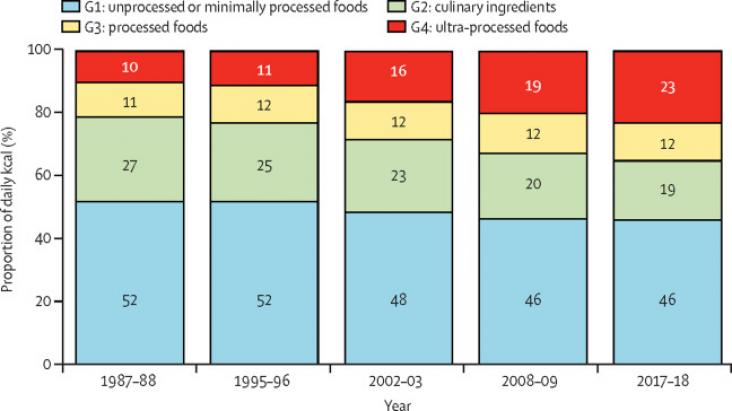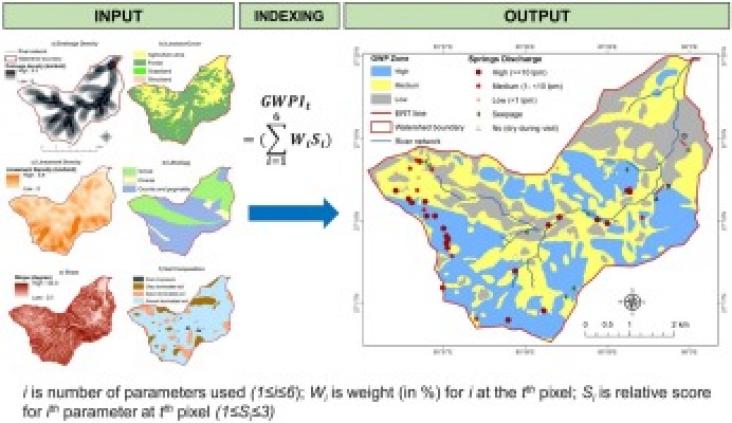An interdisciplinary team of researchers and citizen scientists team up for assessing water quality in an iconic English river.

Producing clean, fresh drinking water from atmospheric water vapor can play an important role in alleviating water scarcity in drought-prone regions of the world. This perspective explores the current trends and future outlook for atmospheric water harvesting technologies.

An Article in support of SDGs 12 and 13, assessing greenhouse gas emissions, water footprint, and ecological footprint of different food types in Brazil, with a particular focus on ultra-processed foods
Elsevier,
Clean Energy and Resource Recovery. Wastewater Treatment Plants as Biorefineries, Volume 2, 2022, Pages 301-314
This chapter advances SDGs 6 & 7 by examining the potential for wastewater to be converted into a renewable fossil-fuel alternative.
Major challenges faced by the human population in recent times include population increase, resource depletion and deterioration of environmental quality.
This paper explores a customary system of water governance in Ghana.

COP26 is the 2021 United Nations annual climate change conference. COP stands for Conference of the Parties.
Looks at the links between sustainability of water in mountainous areas and sustainability.

This study applies a two-step validation method of a groundwater potential mapping approach and can improve groundwater mapping for data scarce regions.
In an urbanized catchment, land use has a strong effect on water quality. The majority of the landscape metrics are correlated with Ave River Basin water quality. Water quality is dependent on landscape planning. Ave River Basin requires landscape intervention to restore hydric resources.
